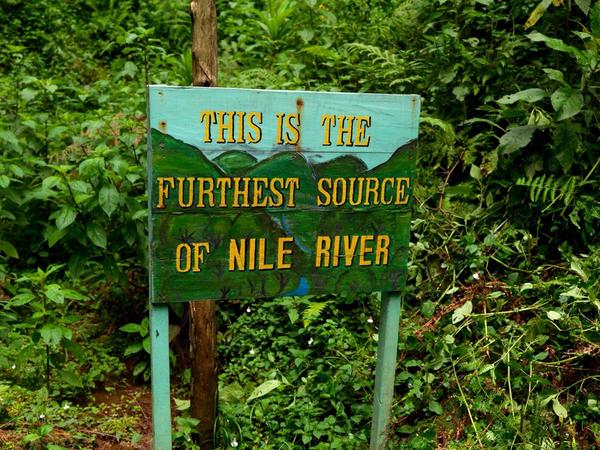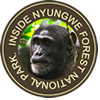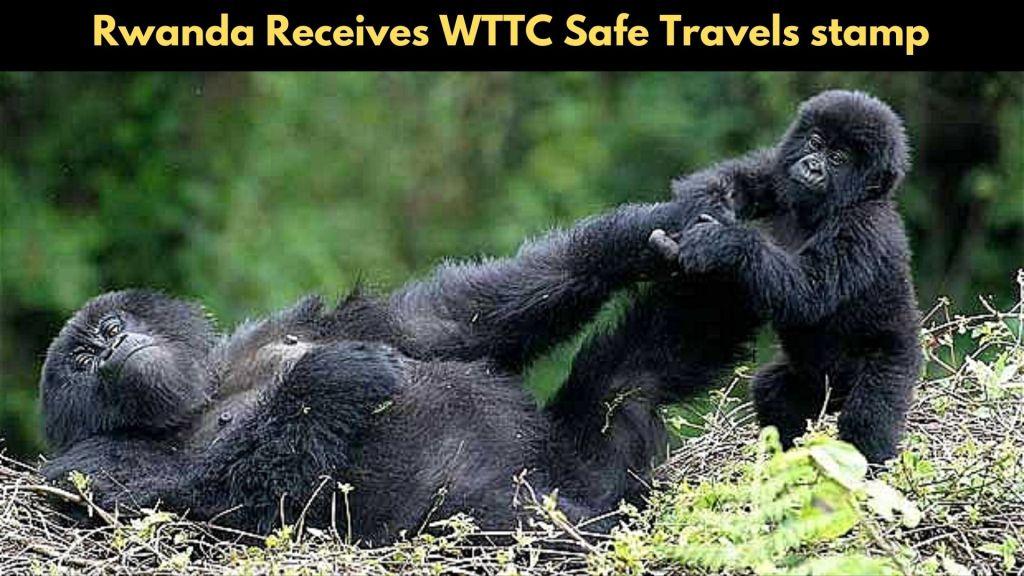
Source of the Nile Trail
The Source of the Nile Trail is one of the numerous adventurous and worthwhile hiking trails in Nyungwe Forest National Park. While many travelers know Lake Victoria in Uganda as the only source of the Nile River, this Trail will blow your mind as you discover that Nyungwe Forest is the “furthest Source of the Nile”, the second longest River in the entire World extending for 6650 kilometers long. The originally recognized source of the Nile is Lake Victoria and you are about to be mesmerized by how Nyungwe is the furthest source of the Nile. This spot was not on the Map until 2006. Book Now
About the Source of the Nile in Nyungwe
River Nile, the second-longest River in the World has formed the now “Nile Basin” which is comprised of over 10 countries whose livelihood is derived from the River. Before Colonialism (during the Pharaoh Kingdoms era), no one was able to clearly tell and prove where this long River came from. It is until the 18th Century that John Hanning Speke (a European Explorer) undertook an expedition that discovered the Source of the Nile. He took a canoe to Lake Victoria, where he discovered that the Nile River was flowing from this lake (Africa’s largest Lake) and later went back to England to present his findings.
While many people were convinced by his findings, a few were not, and one of them was Richard Kandt who decided to explore further. He needed to understand where the water that fills Lake Victoria comes from. It is during his Expedition that he discovered a River (Kagera River) on the other side of Lake Victoria that was flowing and pouring into this water body. Out of curiosity, Richard Kandt passed through the River, and on his way, he discovered many other River streams which he followed until getting to Nyungwe Forest. It is from here that it was discovered that Nyungwe Forest is the furthest Source of the Nile River.
How the Source of the Nile hike is done.
While discovering the furthest Source of the Nile in Nyungwe Forest National Park, you will require a Ranger guide, although no great effort is needed. This 0.97-kilometer walk is one of the easiest in this Park and lasts about one and a half hours going through an elevation of 2272 meters to 2442 meters above sea level. For you to access Nyungwe Forest, you will require to pay Park entry fees that vary from $10 to $100 depending on the visitor category and this is applicable to 1 day/night hikes, and hiking fees or $40 per person for foreign non-residents, $30 per person for foreign residents and RWF 3000 for Rwandan Citizens. Additionally, you will also need to pay ($15) per Guide.
The hike begins at Gisakura Visitor Center, then involves first driving up a rough path that climbs over 1000 meters above sea level to Gisovu (this is more challenging than the hike itself) to get to the starting point.
You will see the “Source of the Nile Trail” signpost. Start the hike slowly while gently ascending and halfway into the journey, at the only path junction where this Trail crosses the Congo-Nile watershed, you will begin to descend until finding the source of the Nile.
What to wear/Carry for the Source of the Nile Trail.
Just like most Trails, undertaking the Source of the Nile Trail involves walking through the Forest of Nyungwe hence it is important to wear hiking boots, a long-sleeved shirt, comfortable and breathable safari pants in a neutral color, a safari hat, and sunglasses. Also make sure to have carried a rain jacket, a backpack for storing things needed during the hike, a good camera, pair of binoculars because the birds are unmissable, and enough drinking water.
Besides the Source of the Nile Trail, other unmissable Trails in Nyungwe Forest National Park are the Congo-Nile Divide, Karamba Birding Trail, Ngabwe Trail, the Kamiranzovu Wetland Trail, Bigugu Trail, Igishigishigi Trail, Isumo waterfall Trail, Muzimu Trail, and many others.
North of Rwanda is Volcanoes National Park, home to mountain gorillas and golden monkeys, this is one of the best places to go for gorilla trekking in Africa, friendly village atmosphere for a remote life experience with a rich culture.


